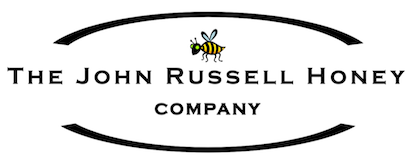
A more holistic way to keep bees.
When producing some of the best honey in Manitoba, our beekeeping standards lean heavily toward the holistic side: we use soft organic acid treatments and essential oil as part of our practices to help keep our bees healthy and safe.
Essential oils are created by the distillation of plant materials. They can be derived from the flowers, leaves or stems of a plant, as well as fruit or fruit peels, seeds or fragrant barks. Many of these oils are used in aroma therapy and alternative medicine practices. Beekeepers are known to use a few of these as well.
Commonly Used Oils
Of the wide variety of essential oils, beekeepers generally prefer a select few:
-
Lemon Grass
Lemongrass works conveniently as an attractant, to stimulate feeding and as a swarm lure.
-
Peppermint
Peppermint oil is used as a general-purpose pheromone masking scent. Used when introducing new queens to a colony, or combining weaker colonies in the fall before winter.
-
Spearmint
Spearmint oil is often used in conjunction with lemon grass oil during feeding to improve hive health. Spearmint and lemon grass oil occasionally are sometimes used to mist bees as a replacement for smoking them when opening hives.
-
Tea Tree and Wintergreen
Tea tree oil is often used in grease patties for control of mites. Tea tree oil can be interchanged or combined with wintergreen oil to yield similar results. It also helps with small hive beetles (Aethina tumida).
Essential oils, in regards to mite control, are considered a holistic treatment and are not proven to be effective in controlling mite populations on their own, but can be used to assist other methods in place. Wintergreen and tea tree oil are both usually added to grease patties as part of a overwintering or pre honey flow treatment. Feeding honey bees with syrup containing essential oils or treating for mites or diseases when honey supers (see Wikipedia's page on honey supers if unfamiliar) are on is bad beekeeping, and should never be done.
Oxalic acid, and formic acid (found naturally in small amounts in honey, strawberries, rhubarb, and nettles) are recognized approved treatments for varroa mites. All beekeepers treat for mites, if they want to keep them alive that is, and these soft organic acids are a much better method for control than harsh chemicals in our opinion. More work and monitoring is required with this strategy, but it’s a good trade off to keep the team, including the bees, as healthy as possible.
Great Manitoba honey takes a bit more time and effort, and as grandfather always said: “Take care of your bees, and the honey takes care of itself.”

